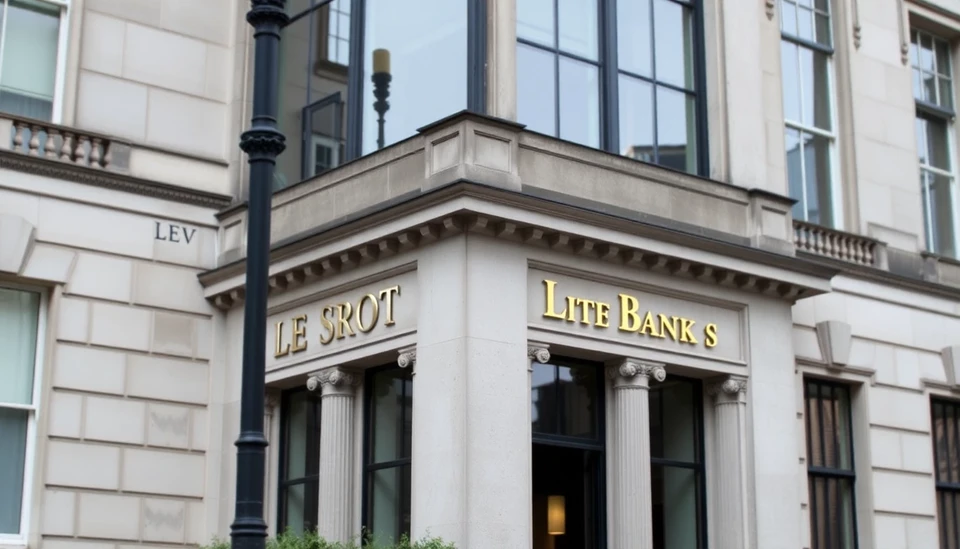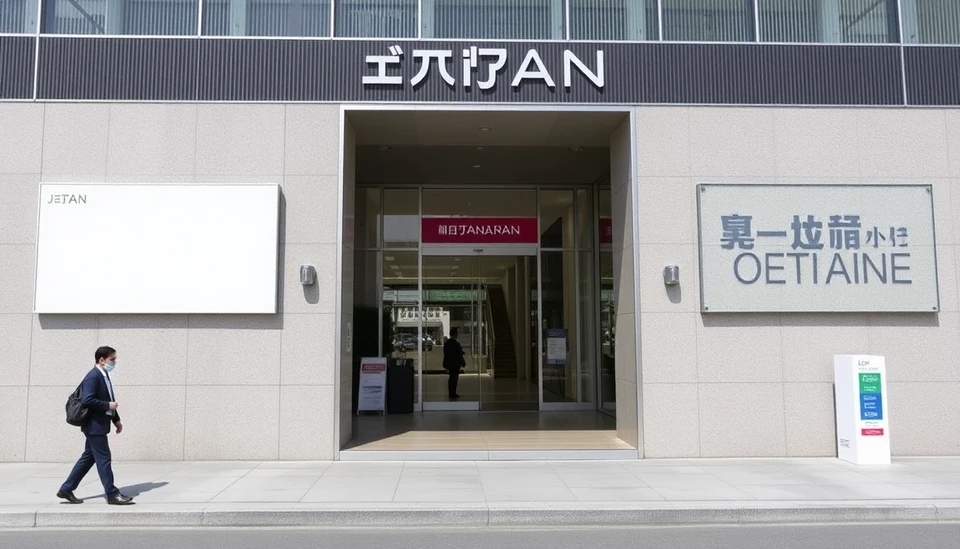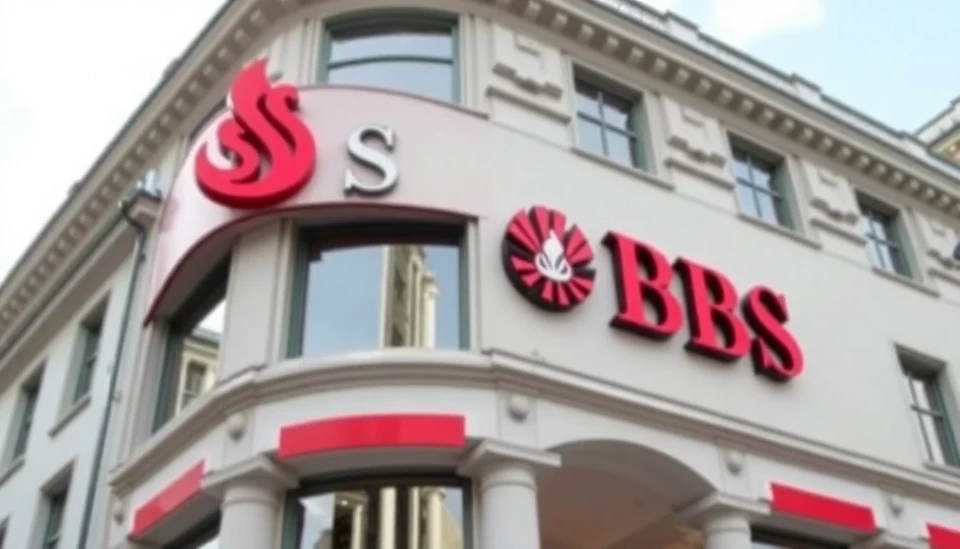
In a significant turn of events, four well-known banks have agreed to settle a case regarding collusion in the UK government bond market, known as gilts, for over $100 million. This agreement comes after various allegations claimed that these financial institutions engaged in coordinated practices that undermined market integrity and fair competition.
The banks involved, who remain under scrutiny from regulatory bodies, reached this settlement as part of a broader investigation into their trading activities. This case focuses on the period between 2009 and 2012 when traders were purportedly colluding to set prices and manipulate the market, thus impacting the trading environment for investors and public finances alike.
According to sources familiar with the matter, the settlement is a response to the findings of a comprehensive inquiry conducted by the UK’s Financial Conduct Authority (FCA). The FCA's probe uncovered evidence suggesting that traders from the implicated banks were participating in an illicit scheme that aimed to inflate the costs of gilts, ultimately affecting thousands of transactions and market participants.
The repercussions of this investigation are vast, with market confidence being a crucial factor at stake. Analysts argue that the collusion not only harmed investors but also poses a threat to the credibility of the UK’s financial markets as a whole. Regulators are increasingly vigilant in their role to ensure the markets operate transparently and competitively, safeguarding against any future misconduct.
This settlement marks a pivotal moment for the involved banks as they navigate the fallout from these serious allegations. Experts believe that while the settlement allows for a form of closure, the reputational damage and the potential for future regulatory hurdles remain significant concerns for the institutions and their stakeholders.
In light of this development, it is noteworthy to observe how regulators will proceed with their oversight of the banking sector, especially in an environment where public trust in financial institutions is under pressure. These events may compel banks to revisit their internal compliance strategies and enhance measures designed to prevent similar occurrences in the future.
As the financial industry grapples with the implications of this case, it serves as a reminder of the critical importance of ethical conduct and accountability in maintaining the integrity of financial markets.
In conclusion, the resolution of this collusion case highlights the ongoing efforts of regulators to preserve fair trading practices within the UK financial system. Stakeholders will be watching closely to see how this settlement influences future regulatory actions and market behavior.
#Banks #UKGilts #Collusion #FinancialRegulation #MarketIntegrity #Settlement #FCA #investigation
Author: Victoria Adams




